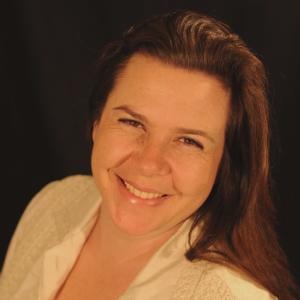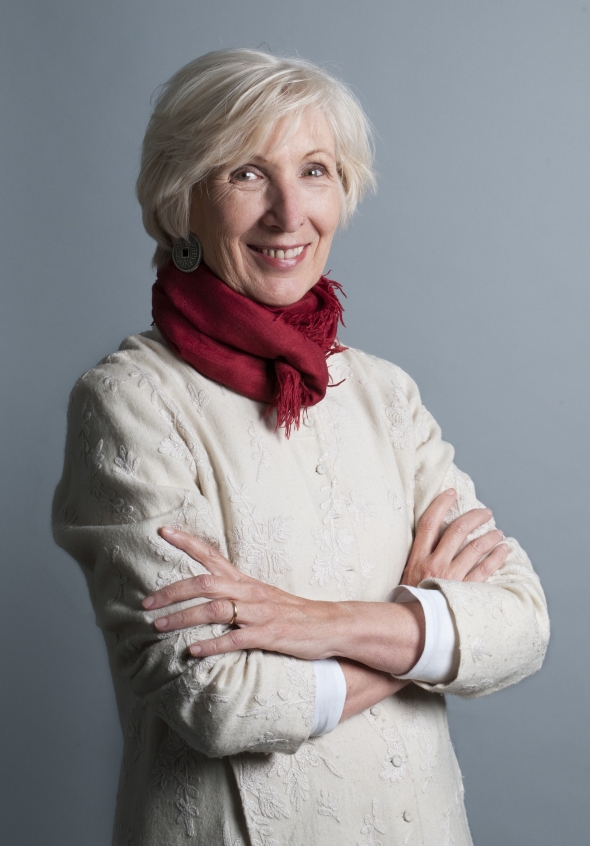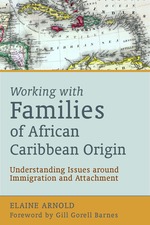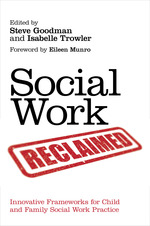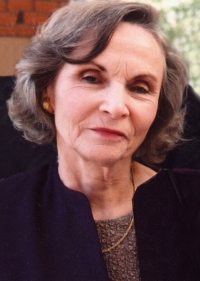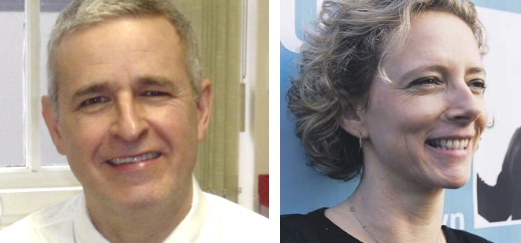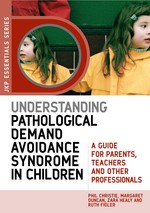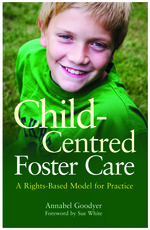How professionals can help empower parents of a newly diagnosed child with Autism Spectrum Disorder
“Professionals need to feel comfortable as facilitators of parents’ learning and engagement with their child at home, rather than seeing themselves as therapist experts who work one-on-one with children. While the latter is sometimes necessary, the former is where we can have the biggest long-term impact on helping parents realise their full potential and assisting them to maximise their daily interactions with their child so that they become more responsive to their child’s needs and communicative attempts. This builds positive parent-child relationships.”

